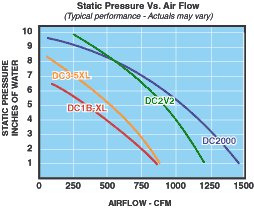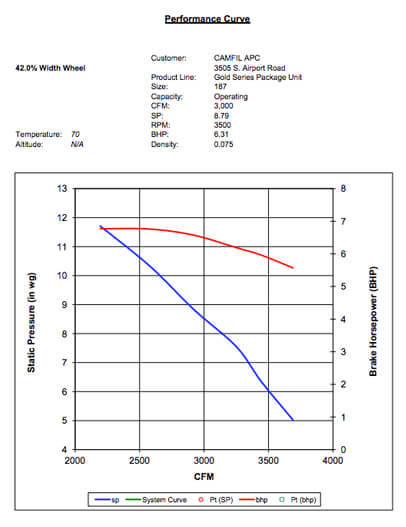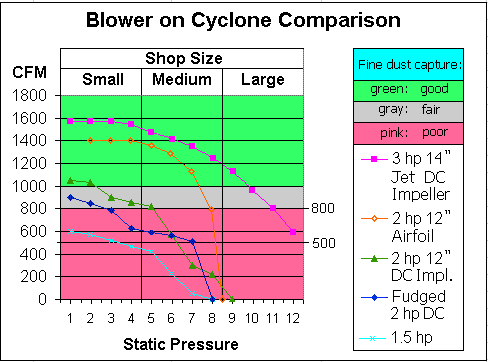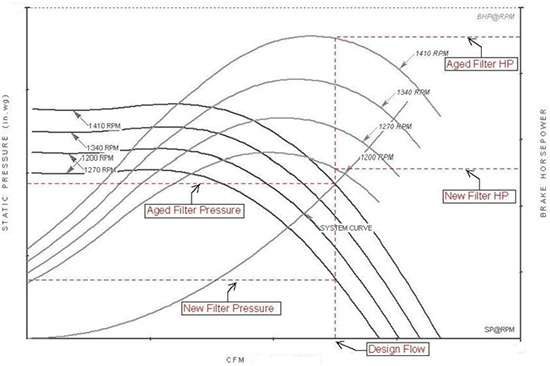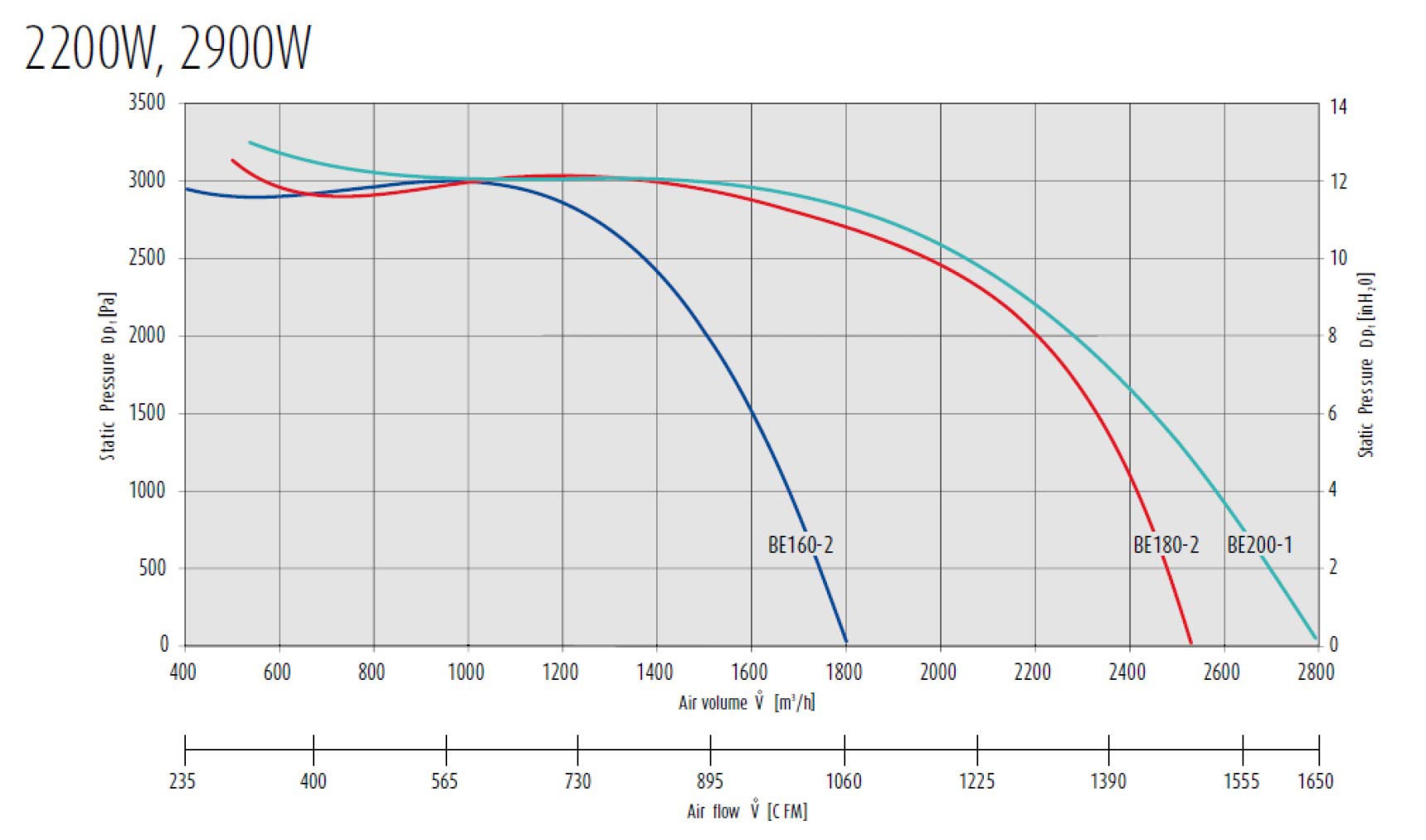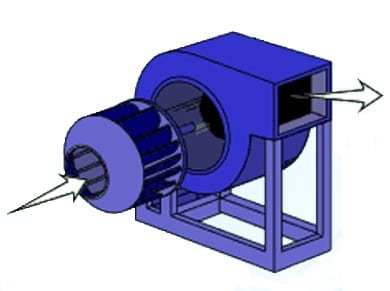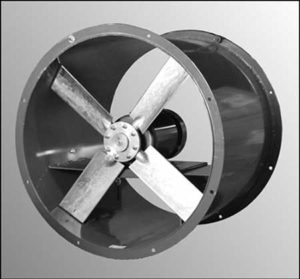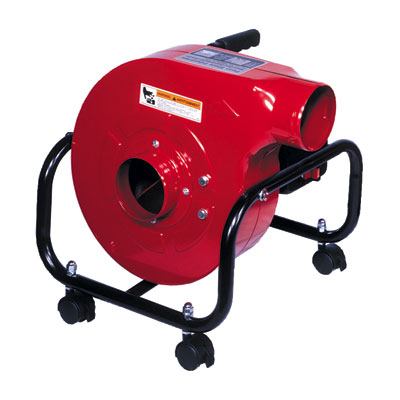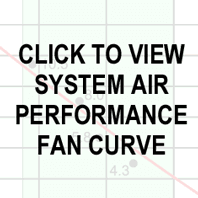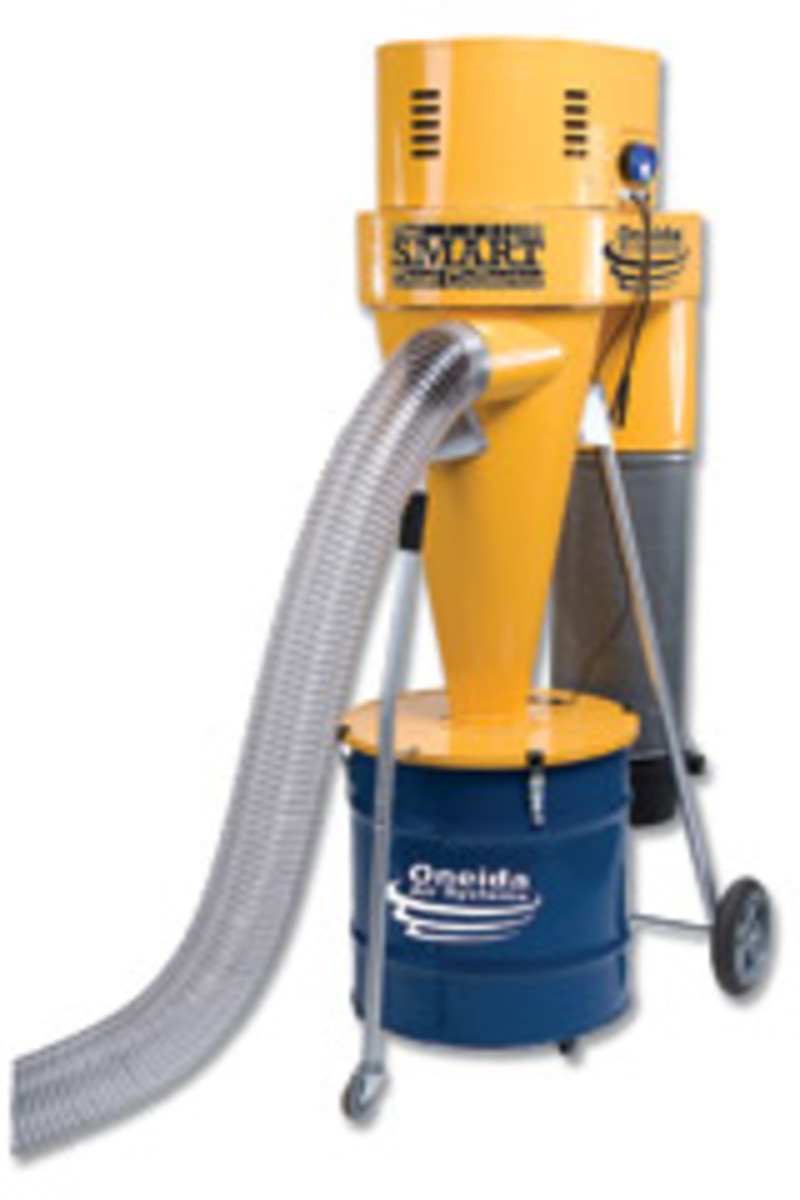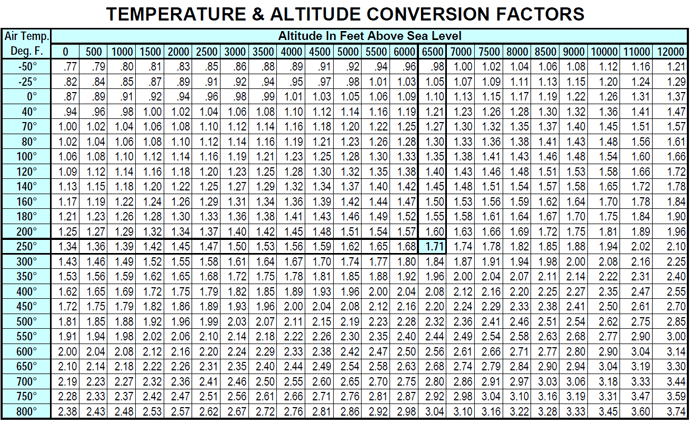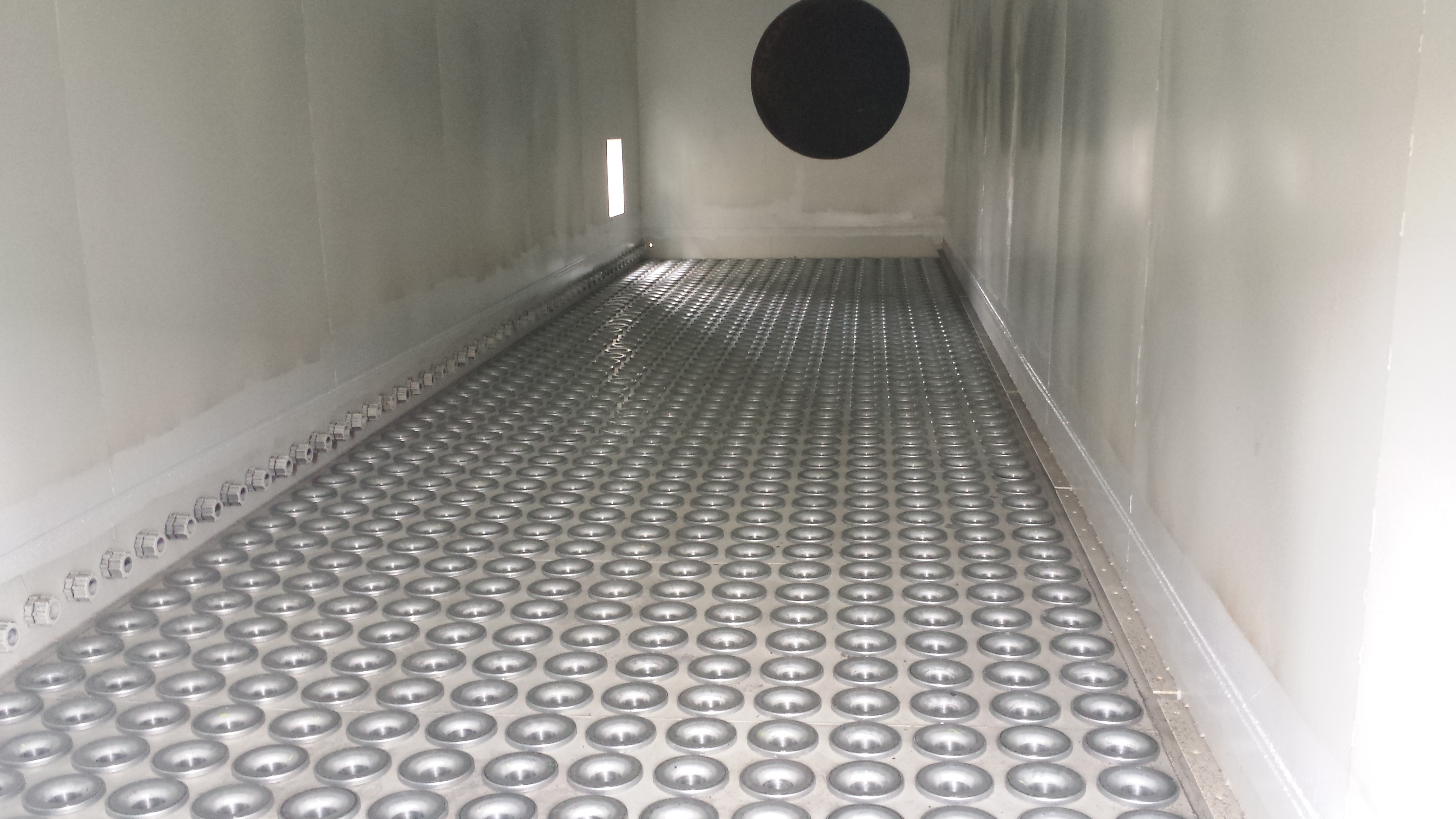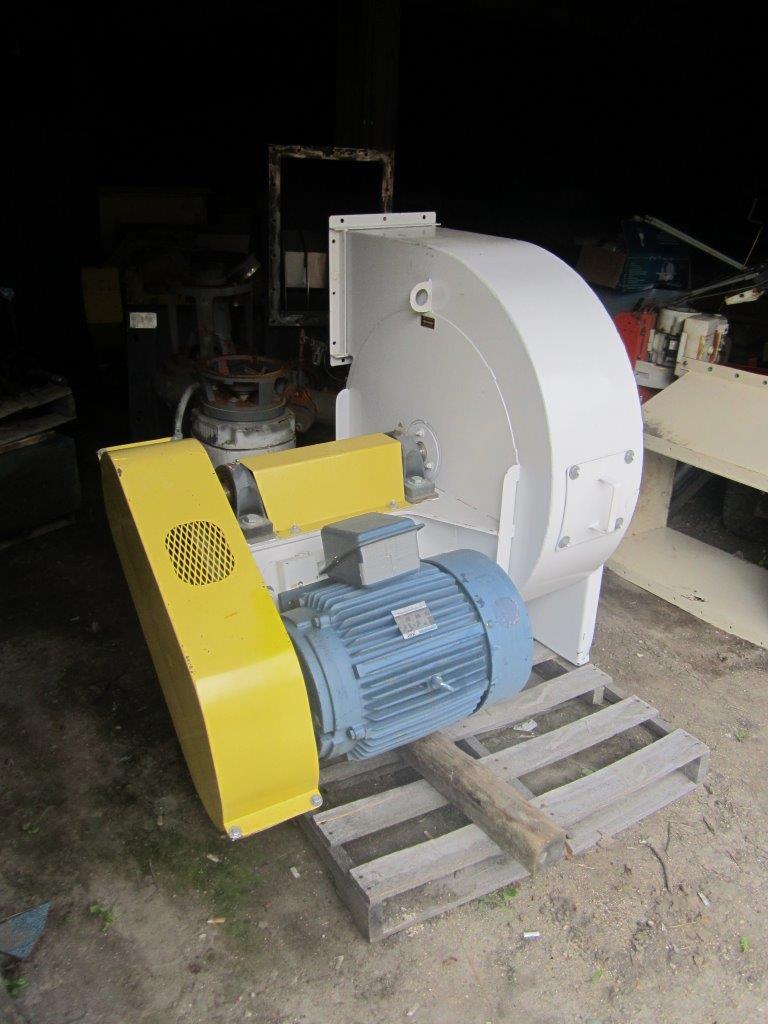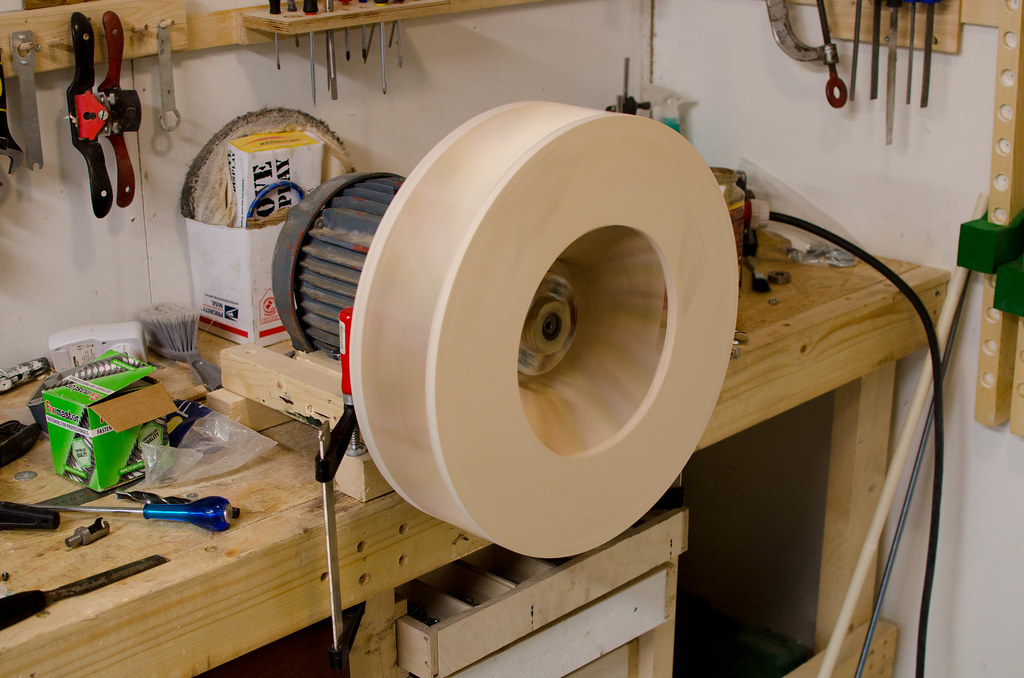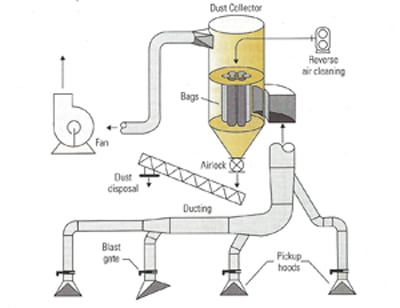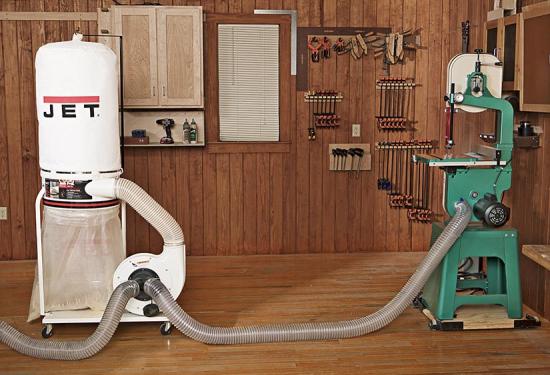Dust Collector Fan Curve

Available in models hdaf sqaf and cpaf blowers.
Dust collector fan curve. Cincinnati fan 200s t1 portable dust collector 2 hp 3450 rpm 1 phase 115 208 230v tefc enclosure black gray white 4 0 out of 5 stars 1 1 335 51 1 335. But that same table tells me at that big of an opening my horsepower will go way over for my budget motor that only has a real 3 hp. One of the popular dust collectors is the harbor freight 2 hp unit. A fan curve will show you how much cfm the dust collector will provide at any given static pressure which can be calculated base on what ducting hose is connected to the system.
Airflow performance through static ductwork. There is a large amount of misinformation about what the proper size pipe is to run. They are commonly used for ventilation forced cooling at higher pressures and on dust collectors where the fan is on the clean side of the collector. Tool size air requirements length of pipe run required number of machines running at one time etc.
Tbi fans are available in sizes ranging from 3hp to 30hp. Fan curves graphically depict fan performance data of cfm rpm sp and bhp. Being able to read a fan curve will allow you to choose the best fan for your requirements as long as the fan is properly tested and certified. So using this information i looked at the performance curve for my dust collector.
Typically selected for general. In reality proper pipe sizing can get complicated and depends on many variables. Type 7 forward curve multi vane blower wheels are for moving large volumes of air at lower pressures. I tested and found that with the leeson motor 14 diameter impeller and cyclone that i can use up to a 7.
The ideal inlet for that 14 impeller is 10 from my fan table on the dust collection basics page. Many dust collection systems suffer due to poor ductwork designs. The fan mounts directly to the clean air plenum of the dust collector eliminating costly transition ducting. I found the 8 5 and went across to the curve and then down to the axis and it says that my flow was about 950 cfm.
Click here to learn more about sizing your ductwork.


